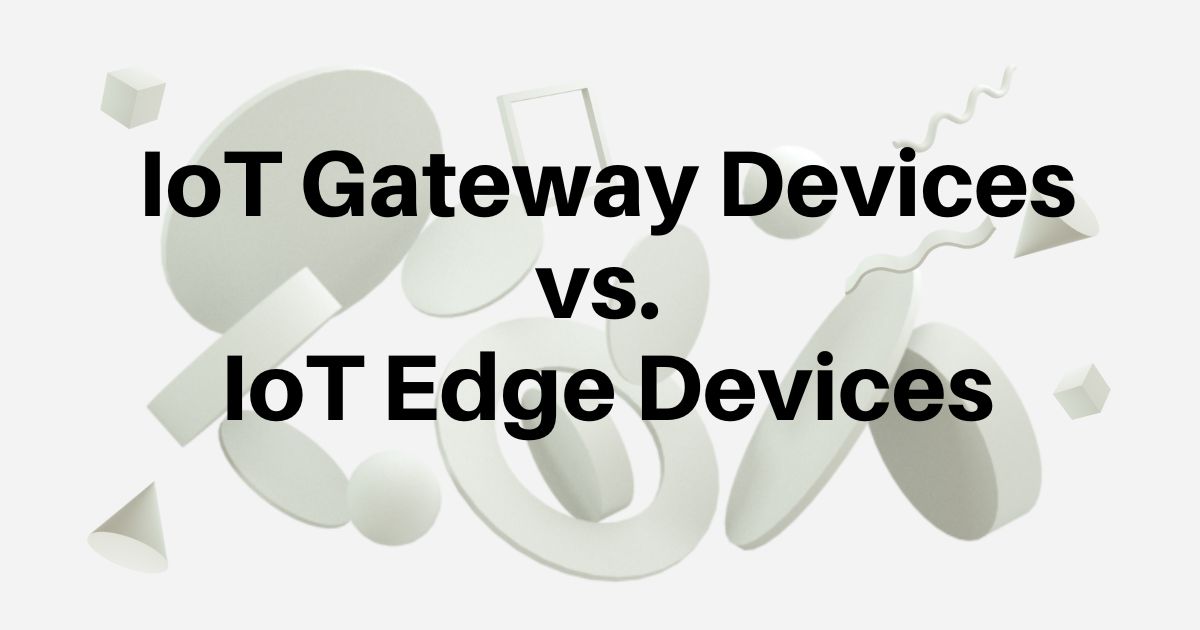In our ever-evolving world, the concept of smart cities has emerged as a beacon of progress, promising to enhance urban living through the seamless integration of technology. At the forefront of this urban revolution stands the Internet of Things (IoT), a disruptive force reshaping our cities in ways we could have never imagined.
IoT: Catalyst for Urban Transformation
IoT, in its essence, involves embedding sensors, devices, and data analytics into the urban landscape. This seemingly straightforward integration carries profound implications, addressing complex challenges and unleashing a wave of possibilities.
Enhancing City Infrastructure
IoT’s role in infrastructure development is both profound and transformative. From smart traffic management systems that adapt in real-time to reduce congestion to intelligent waste management systems optimizing collection routes, urban environments are becoming more efficient and sustainable.
Empowering Citizen Engagement
The proliferation of IoT-driven citizen engagement tools empowers residents to actively participate in shaping their cities. Smart apps report potholes for swift repairs, while community platforms facilitate dialogues with city officials. Citizens are now integral to urban governance.
Ensuring Environmental Sustainability
Smart cities employ IoT to tackle the pressing issue of environmental sustainability. Armed with real-time data from air quality sensors and smart grids, cities can proactively address pollution and energy consumption, ushering in a greener future.
The Role of Innovation in Smart City Development
Innovation is the heartbeat of smart city development, driving creativity and adaptability. Several innovative elements define the evolution of smart cities through IoT.
Interconnected Ecosystems
Smart cities boast interconnected ecosystems that astonish. From smart homes syncing with public transportation schedules to connected healthcare systems monitoring patient health remotely, these ecosystems enhance urban life.
Data-Driven Decision-Making
IoT’s wealth of data enables city planners to make informed decisions. Insights from this data lead to improved resource allocation, reduced operational costs, and enhanced service delivery.
Inclusive Urban Planning
Smart city development emphasizes inclusivity. With innovation as its driving force, cities create accessible environments for all residents, ensuring that no one is left behind in the digital transformation.
Also Read: The Growing Popularity of AI and Machine Learning in IoT
The Road Ahead: Embracing Complexity and Innovation
As smart cities evolve, the intertwined concepts of complexity and innovation will remain central. Complexity challenges us to solve intricate urban problems with innovative solutions, while innovation encourages us to embrace change and adapt to rapid urban transformation.
Challenges and Complexities
- Privacy and Security: With increased data collection comes the responsibility to protect citizens’ privacy and secure data from cyber threats.
- Digital Divide: Ensuring that all residents have access to and can benefit from smart city services is a significant challenge.
- Scalability: As cities grow, scaling IoT infrastructure to meet increasing demands is crucial.
Promising Innovations
- Autonomous Transportation: Self-driving vehicles promise to revolutionize urban transportation, reducing accidents and congestion.
- Renewable Energy Integration: Smart cities are exploring ways to integrate more renewable energy sources, making urban areas more sustainable.
- Healthcare Technology: Remote healthcare monitoring and telemedicine will become more prevalent, enhancing healthcare access.
Conclusion
The evolution of smart cities through IoT is a journey filled with complexities and innovations. Challenges are perplexing, but innovation bursts forth, addressing urban issues and improving the quality of life. As cities continue to embrace IoT technologies, they move closer to becoming not just smarter but also more sustainable, inclusive, and connected.




